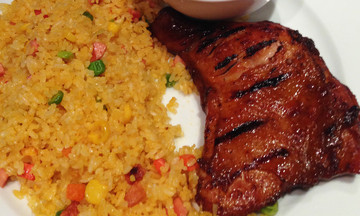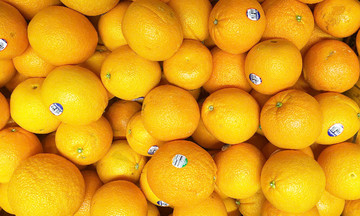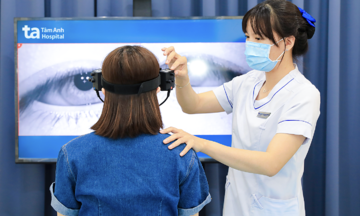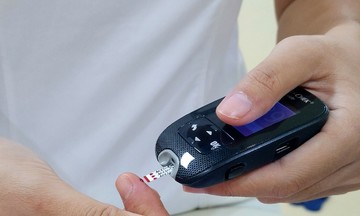High blood pressure, or the "silent killer," affects 1.28 billion adults aged 30-79 globally, with 46% unaware of their condition, according to the World Health Organization (WHO) in 2023. Predominantly affecting those in low- and middle-income countries, this condition silently strains blood vessels, increasing the risk of heart disease, stroke, and kidney damage without noticeable symptoms.
Fortunately, early detection, combined with a proper diet and medication, can effectively manage blood pressure.
Here are five foods people with high blood pressure should avoid to protect their health.
Processed foods
Processed foods like canned soups, frozen meals, deli meats, and packaged snacks are high in sodium, causing the body to retain water and increasing blood pressure. A 2023 study indicated that reducing sodium intake significantly lowers blood pressure in adults.
It's advisable to switch to fresh, unprocessed foods and check product labels to ensure low sodium content. The American Heart Association recommends limiting sodium intake to 2,300 mg/day, ideally 1,500 mg, for those with high blood pressure.
Sugary drinks and foods
Sugary drinks, candies, and desserts containing added sugar not only contribute to obesity, insulin resistance, and inflammation but also increase blood pressure by affecting blood vessel function and water retention. A 2024 analysis of 35 studies confirmed that sugary drinks, artificially sweetened beverages, and high sugar intake are directly linked to an increased risk of high blood pressure.
Opt for water, unsweetened drinks, and low-sugar snacks to effectively manage blood pressure.
Saturated and trans fats
Saturated and trans fats found in red meat, whole milk, and processed meats contribute to plaque buildup, hardening arteries, increasing resistance and blood pressure, and elevating the risk of heart attacks. Processed meats are particularly harmful due to their high content of both unhealthy fats and sodium.
Switching to lean protein sources like poultry, fish, and beans, choosing low-fat dairy, and consuming plant-based fats are healthier choices for cardiovascular health and blood pressure management.
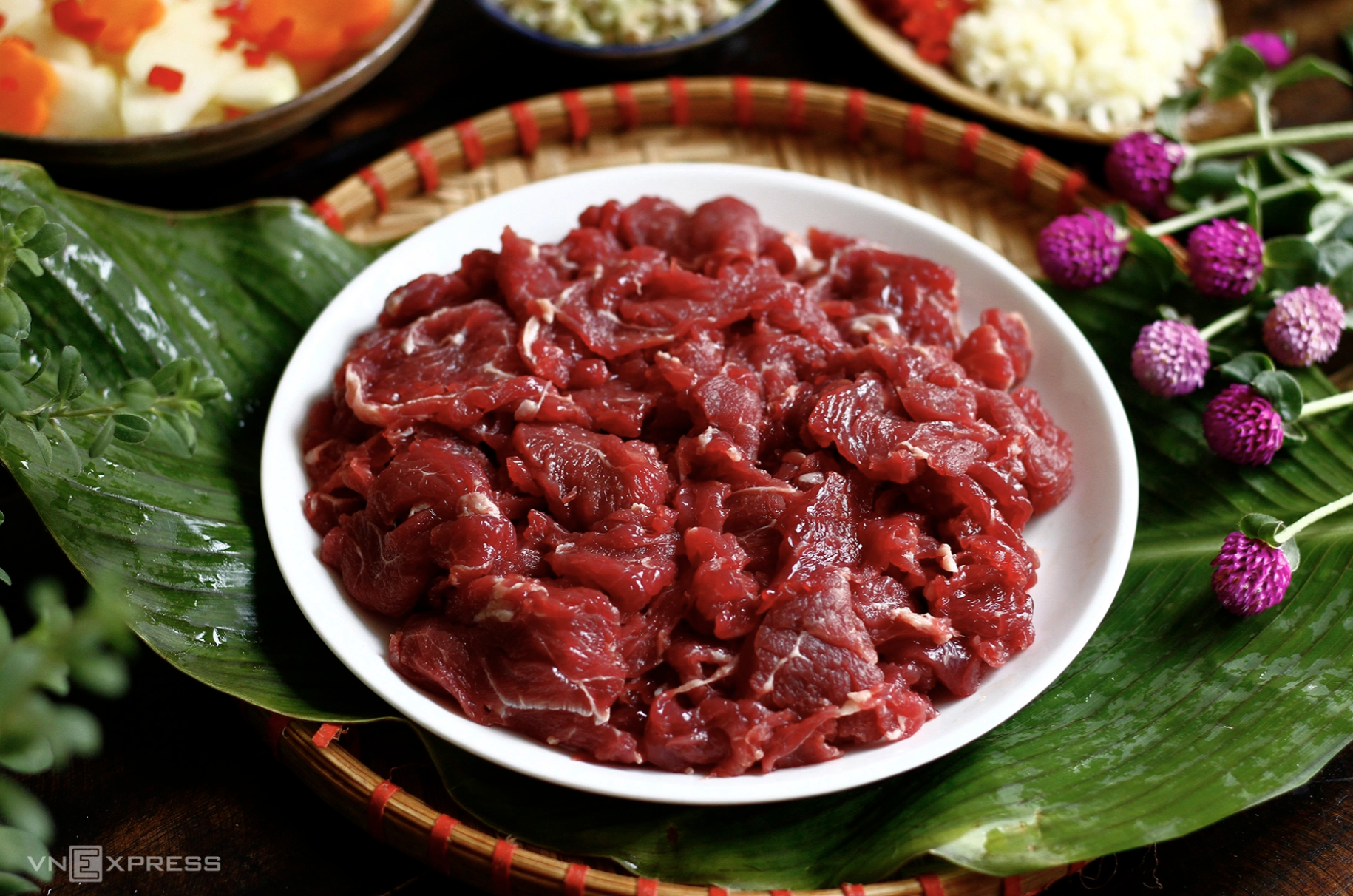 |
Saturated and trans fats in red meat contribute to plaque buildup, hardening arteries, and increasing blood pressure. Photo: Bui Thuy |
Pickled, preserved, and canned foods
Pickled, preserved, and canned foods contain high amounts of salt to extend shelf life, but excess sodium increases blood pressure, raising the risk of heart and kidney disease.
Choose fresh or frozen vegetables without added salt or check labels for low-sodium canned goods to ensure heart health and stable blood pressure.
Alcohol and caffeine
Alcohol and caffeine-rich beverages like strong coffee and energy drinks can raise blood pressure, especially in individuals with pre-existing hypertension. Alcohol can also interfere with blood pressure medication and contribute to weight gain, while caffeine causes temporary artery narrowing, increasing blood pressure.
A 2014 study indicated that regular alcohol consumption overstimulates nerves, causing blood vessel damage and affecting hormones that control blood pressure.
Those with high blood pressure should limit alcohol and caffeine intake to maintain stable blood pressure and support treatment effectiveness.
My Y (According to Times of India)






